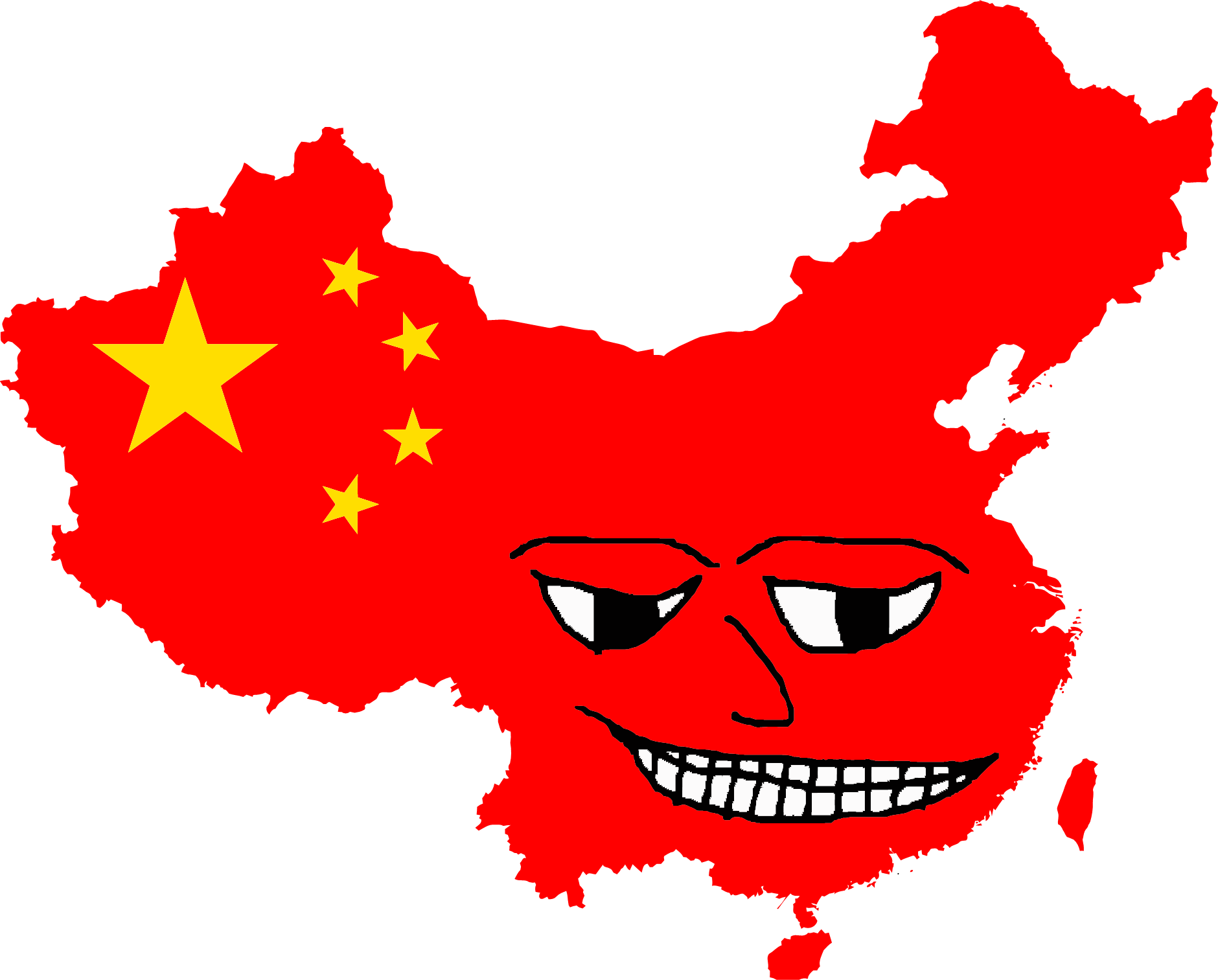The US has been in the lead with higher tariff barriers and controls on high-tech exports, initiated under the Trump presidency and markedly intensified by Biden.
It is now being joined by the European Union, which this week imposed an additional tariff of 35 percent on Chinese electric vehicles on top of a 10 percent tariff already in force.
The new measures, which will come into force next week, are to last five years. They were introduced on the basis that Chinese EV makers were benefiting unfairly from state subsidies.
The Chinese government rejected the claim of undue state support, saying it would “continue to take all necessary measures to resolutely safeguard the legitimate rights and interests of all Chinese companies.”
The decision to impose the tariffs came after eight rounds of talks aimed at trying to devise a mechanism through which a minimum price could be set along with the volume of Chinese exports. But the talks broke down with both sides saying the differences remained significant.
Further talks are to be held, with the EU accepting an invitation by China to send envoys to Beijing to see if some agreement can be reached on these mechanisms.
The divisions within the EU, which must rank as some of the most significant on trade issues in the history of the Union, were underscored by comments from Germany. Hildegarde Müller, the head of the German auto industry association, VDA, said the decision was “a setback for free global trade and so for prosperity and Europe’s growth.”
The chief executive of BMW Oliver Zipse said protectionism would only make cars more expensive for consumers and accelerate plant closures in Europe.
The interconnectedness of the global car industry was indicated by Roberto Vavassori, who told the Financial Times (FT) that “for many suppliers in the automotive industry, [the Chinese] are both the biggest threat and the biggest customer.”
He asked: “What did the Chinese do, what did the Japanese do and what did the Koreans do when they were behind on technology? They collaborated. The European industry needs to get the Chinese to localise in Europe and it needs to collaborate with them, particularly around battery technology in order to catch up.”
For workers in the auto industry, in Europe and internationally, neither path is the way forward in a situation where they face a wave of job destruction and wage cutting.

 Come on, slap tariffs on European goods.
Come on, slap tariffs on European goods.